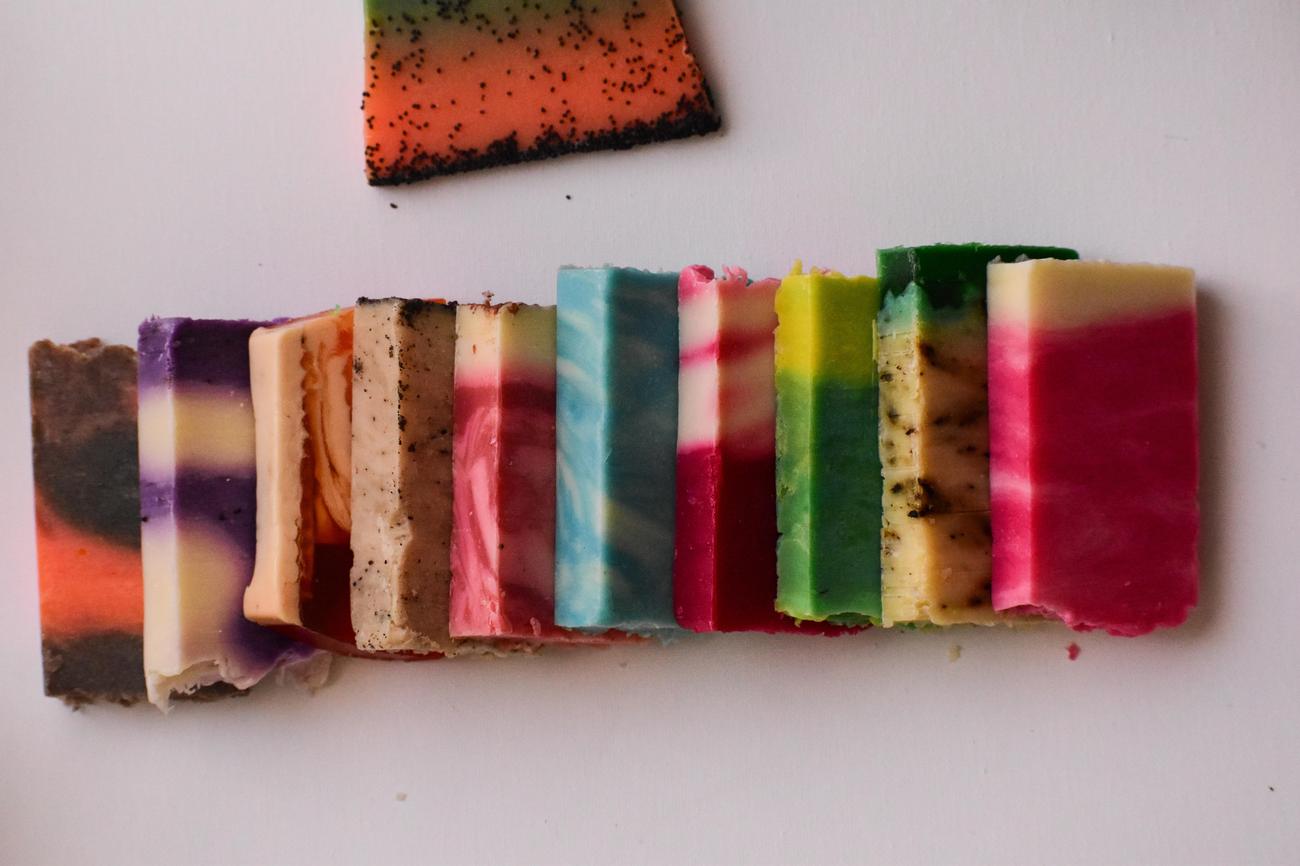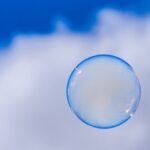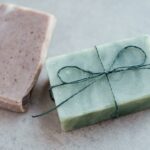Are you ready for a sudsy adventure? Join me as we dive into the world of soap and discover fascinating educational facts for young ones. In this article, we’ll explore the importance of soap and how it keeps us healthy, all while having a blast learning along the way. So lather up, get curious, and let your imagination run wild as we embark on an exciting journey into the magical world of soap education for kids!

Educational Facts about Soap for Young Ones
Soap is not just a boring old cleaning product. It actually has a fascinating history and some pretty cool facts that can make learning about it fun and exciting. So, buckle up, young ones, because we’re about to dive into the world of soap!
Soap’s Ancient Origins: Did you know that soap has been around for thousands of years? Yep, that’s right! The ancient Babylonians, way back in 2800 BC, were the first ones to master the art of soap-making. They knew the importance of cleanliness, just like we do today.
Soap’s Surprising Ingredients: Soap is made from the salts of long chain fatty acids. These metallic salts can come from various sources, such as animal fats or vegetable oils. It’s amazing how something so simple can be made from such everyday ingredients!
Soap in Different Forms: Soap can come in different forms, like liquid or solid. You’re probably most familiar with the solid form, which we call a bar of soap. Just imagine, every time you use a bar of soap, you’re holding a little piece of history in your hands!
Soap’s Many Uses: Soap is not just for cleaning ourselves. It has many other important uses too! We use soap for bathing, washing our hands, and keeping our surroundings clean. Did you know that soap is also used in textile spinning and even as a component in lubricants? Soap is a multitasker!
Accidental Ingestion: Now, here’s a fact that you should always remember: soap is not candy! Some soap bars can look tempting, especially if they resemble colorful candies. But remember, soap is meant for cleaning, not eating. So let’s keep our taste buds away from soap, okay?
Soap and Personal Hygiene: Soap plays a vital role in maintaining personal hygiene. By using soap, we can wash away dirt, bacteria, and other yucky stuff that can make us sick. So the next time you’re washing your hands, remember that soap is your secret weapon against germs!
Education doesn’t have to be boring, especially when it comes to soap! By learning these educational facts about soap, you’ll have a deeper understanding of how this simple product has shaped human history and continues to play a crucial role in our daily lives. So, go ahead, get your hands sudsy, and keep exploring the fascinating world of soap!
“Did you know that soap has been around for thousands of years? Explore the ancient origins of soap and discover how this simple product has shaped human history.”
Soap is an essential part of our daily hygiene routine, but do you know the fascinating facts about soap for kids? Let’s uncover some intriguing information about this everyday product. From its history to the diverse types available in the market, there is so much to learn about soap designed specifically for kids. So, if you are curious to explore these facts, check out our comprehensive guide on Facts About Soap For Kids. Don’t miss out on this opportunity to enhance your knowledge about the soap that keeps kids clean and germ-free!

FAQ
Question 1
What is soap made of?
Answer 1
Soap is made from metallic salts of long chain fatty acids, which can be obtained from animal fats or vegetable oils.
Question 2
When was soap first used?
Answer 2
The use of soap-like materials dates back to Ancient Babylon around 2800 BC, where soap-making was mastered by the Babylonians.
Question 3
Can soap be in different forms?
Answer 3
Yes, soap can be made in various ways and can be in a liquid or solid form. The solid form is commonly known as a bar of soap.
Question 4
What are the uses of soap?
Answer 4
Soap is used for bathing, washing, and cleaning. It is also used in textile spinning and is an important component of lubricants.
Question 5
Why is soap important for personal hygiene?
Answer 5
Soap is important for personal hygiene because it helps in proper handwashing, which is crucial for maintaining cleanliness and preventing the spread of germs and diseases.
“`json
“`
- Georgia Platform: A Southern Strategy, 1850s - March 31, 2025
- How many weeks is 40 days: Quick Conversion Guide for Accurate Results - March 31, 2025
- How many feet is 300 meters? 984 Feet: Understand Length Conversions Easily - March 31, 2025
















